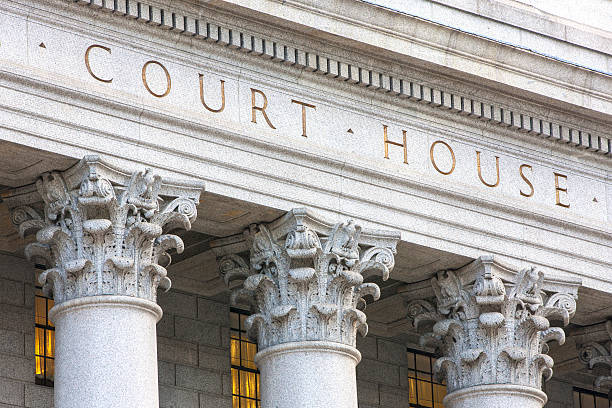Late Friday evening, Disney filed suit against Visa and Mastercard over the credit cards’ interchange fees, and part of Disney’s stance is that the card companies have engaged in practices that result in higher costs for customers and loyal patrons.

The new suit is an offshoot of a lawsuit originally filed in court in 2005. The suit related to the interchange fees charged by credit card companies for every transaction made by a customer and then paid to the issuing bank. But many companies like Disney that rely on credit card purchases for much of their revenue say that the credit card companies have a hold on the market which gives them an unfair advantage resulting in the companies’ ability to price-fix those interchange fees.
Disney points out that this practice ultimately results in higher prices for its Guests and customers.
The current litigation also has its roots in a nearly $6 billion settlement reached in 2012. In that settlement, an agreement was made by Visa and MasterCard to lower the amount the companies charge for processing credit card transactions. The lower costs were to remain in effect for 8 months, per this agreement.
But some lawmakers say that those concessions weren’t good enough.
Some large retailers like Walmart and Amazon excused themselves from the settlement with the hope that they could set out on their own to get better terms. Amazon was able to do exactly that earlier this year.
As such, Disney could be attempting to get a better deal as well.
Disney’s stance is that both Visa and MasterCard used “corporate maneuvering” to “shroud their hold on the industry,” per The New York Times. When the credit card companies were privately owned, thousands of banks and financial institutions backed them–banks and financial institutions that received interchange fees.

But when the credit card companies’ payment processors went public in 2006 and 2008, it gave the appearance to consumers and retailers that there was a separation between the card companies and the banks. But some analysts suggest that such an “appearance” was intentional as a means of avoiding regulatory allegations.

“If it’s a single company, they hoped they would not be viewed as a cartel of banks,” Harry First, an NYU law professor, explained. “A single company can set its own price and do what it wants.”
In its suit against Visa and MasterCard, Disney alleges that the card companies’ way of doing things did not change when the corporate structure changed. According to The New York Times:
Disney says that the beneficial fees that Visa and Mastercard offered the banks remain and that the two companies dominate the industry, driving up costs. “The debit card market is dominated by Visa and Mastercard,” court documents read. “Combined, Visa and MasterCard comprised about 75 percent of all debit purchase volume in 2004 and comprise over 80 percent today.” Fees continue to be a focus of legislative action, as well.

A spokesman for MasterCard says the company expects to settle outside of court.
“We do not anticipate litigating this and expect a resolution could be announced in the near term,” he said.
